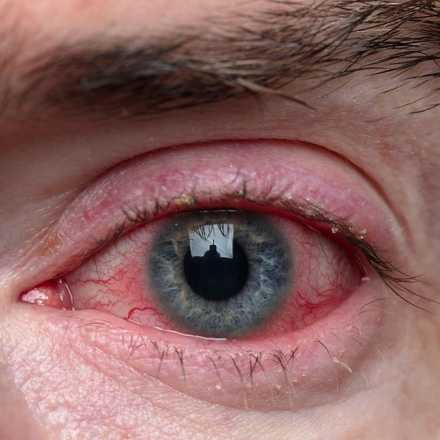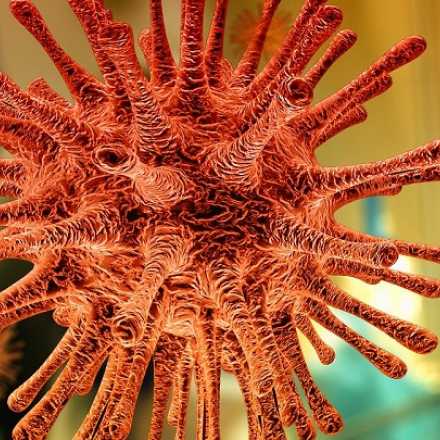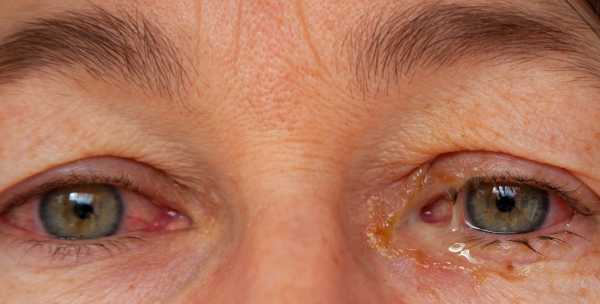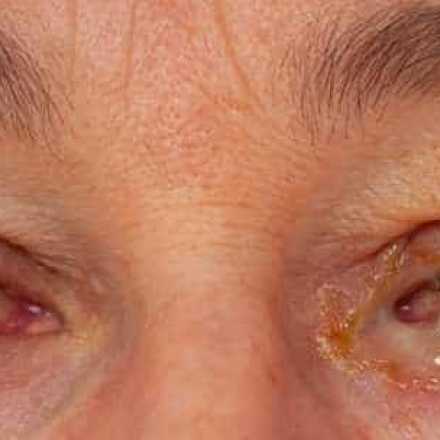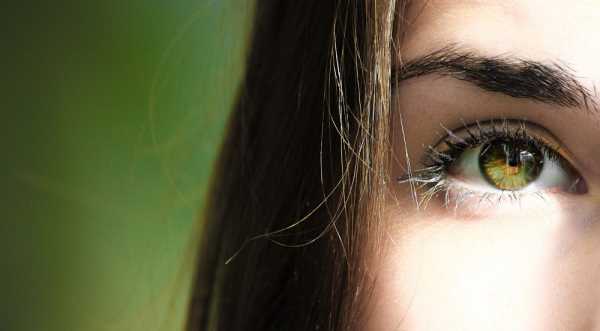
How Allergies Affect the Health of Our Eyes
Spring is in the air, which is good news following a long winter spent primarily indoors, but it can seem like bad news for those with seasonal allergies. No matter the root cause, allergies can negatively impact the health of our eyes.
Eye allergies are sometimes referred to as allergic conjunctivitis or ocular allergies. They are relatively common, especially among individuals who suffer from seasonal allergies.
There are many symptoms that accompany eye allergies, as well as many treatment methods to control and/or stifle those symptoms. Here’s what you need to know about allergies and eye health.
The Lowdown on Eye Irritants
Many substances can irritate your eyes, whether or not you suffer from allergic conjunctivitis. Common allergens include:
● Pet dander
● Plant pollen
● Dust mites and mold
● Perfumes and dyes
Eye allergy symptoms typically accompany nasal allergies, with symptoms such as stuffy or runny nose, but they can occur on their own as well. Those suffering from eye allergies may notice itching, burning, redness, or a clear discharge. Extreme eye dryness may also occur among those with eye allergies. If you suffer from eye allergies, you may also notice that your eyes are sensitive to light.
Allergic conjunctivitis is not contagious, but you may have inherited the condition from your parents. Allergies occur when the body registers an innocuous substance as harmful, such as the allergens mentioned above.
In order to determine that your irritated eyes are in fact caused by allergic conjunctivitis, you’ll need to visit an allergist who will perform tests to determine the cause of the irritation. An allergist will review your medical history and may check your eyes for the presence of a certain type of white blood cell that is present in areas of the eye that are affected by allergies.
Eye Care and Allergies
So how do you properly care for your eyes if you experience allergies? Some people take histamine-blocking medication to combat their symptoms. You can find a variety of antihistamines over-the-counter, or you can visit your primary care doctor or allergist for antihistamine injections.
Eye drops may also help calm irritated eyes, and you can keep pollen away from your eyes when you’re outdoors by wearing sunglasses. Those who wear contact lenses may need additional guidance when it comes to controlling the symptoms of eye allergies.
Eye care professionals estimate that about 75 percent of allergy symptoms directly affect the eyes, which is bad news if you typically wear contacts. Always make sure your hands are clean before handling your contact lenses, and avoid touching or scratching your eyes while your contacts are in place. If eye irritation occurs while you’re wearing contacts, take them out and clean them, or use a pair of daily disposable lenses that can be discarded after a single use.
If you’re allergic to dust mites, your bedding may be the cause of eye allergies. Switch to “mite-proof” or allergen-blocking bedding, which can be found at a variety of department stores.
Keeping Your Eyes Healthy and Allergy-Free
Some methods of eye allergy prevention may surprise you. For example, having facial hair can stop the spread of allergies, as that hair traps allergens before they can reach your eyes, mouth, or nostrils. Because of this, men with facial hair may find that a neatly trimmed beard helps reduce allergy symptoms. The best beard trimmers to help reduce allergy symptoms are compact and powerful enough to handle any length of facial hair.
Washing your hands frequently can also reduce the spread of irritants that cause allergies. This is especially important if you come in contact with animals. Avoid touching your face immediately after petting dogs, cats, and other household pets.
During periods of high pollen, which typically occur during the spring and summer months, keep your home and car windows closed as often as possible. Use the air conditioner to help circulate allergen-free air in those spaces. You may also want to use a humidifier in your home or office if you live in a dry climate. Dry air is another eye irritant.
Some people may find success with alternative treatment methods, such as aromatherapy. By placing a few drops of lavender essential oil into a humidifier and breathing in deeply, you may find relief from eye irritation and allergies. Lavender essential oil in particular is said to reduce inflammation and help your body fight against common allergens.
Final Thoughts
No matter the severity, eye allergies can wreak havoc on your body and stop you in your tracks. But there are numerous remedies that can help your body fight the allergens that cause eye irritation.
From aromatherapy to over-the-counter antihistamines, you may be able to control eye allergy symptoms on your own. If the symptoms are severe or don’t respond to traditional methods, visit an allergist who may be able to help.




